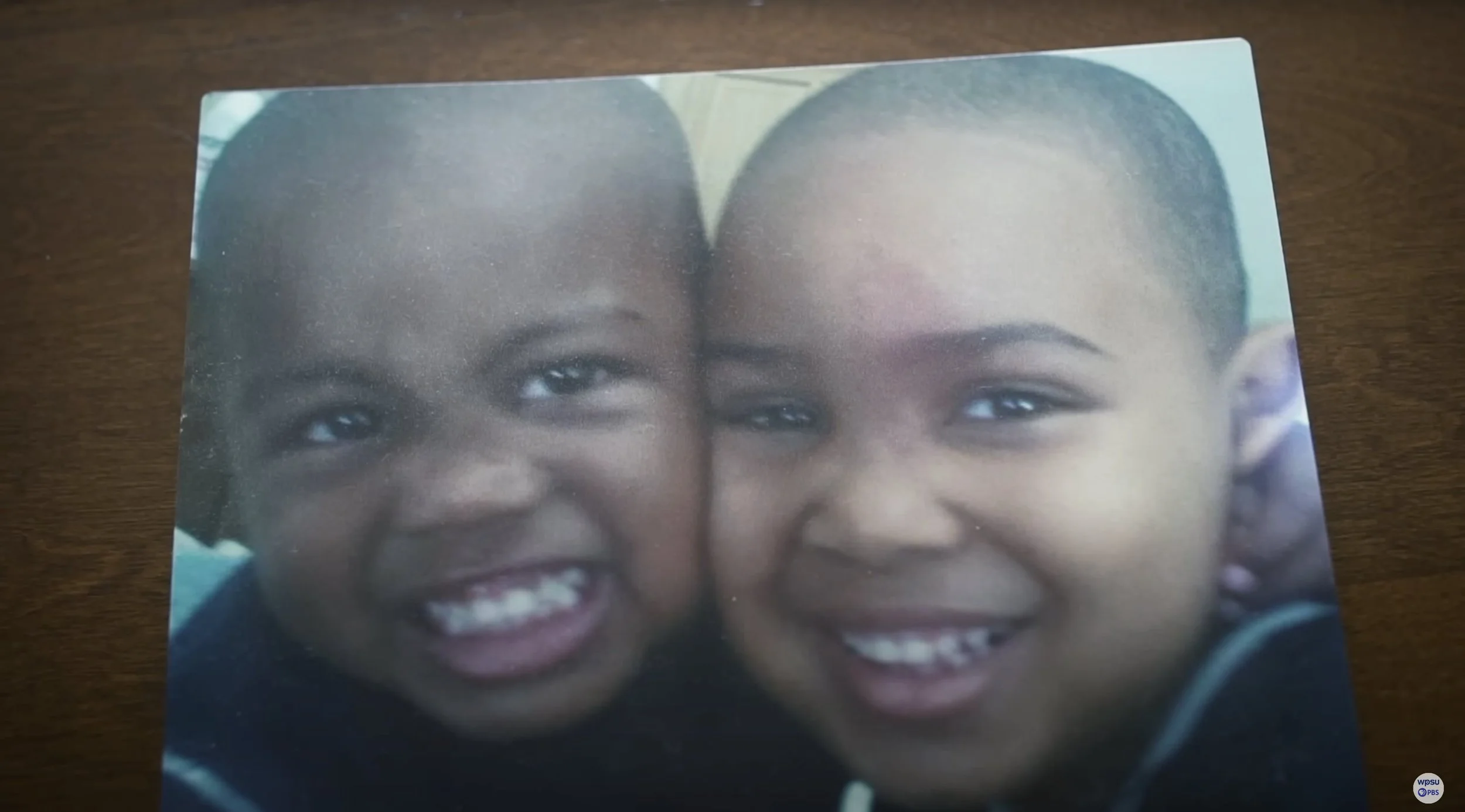How to help someone that is grieving
Some Dos and Donts for Supporting the Bereaved
One of the most common questions that comes up when talking about death is, “How can I help?”
We’ve all been the friend, coworker, neighbor, or acquaintance who knows someone who has recently lost a loved one and is grieving. You get the news and immediately your compassionate heart wants to do something to make the other person feel better.
The most important thing to remember in this moment is that you are not a fixer and they do not need to be fixed.
They need actions, not words, and a safe space to be a mess. They need witnesses to their grief and people who are willing to listen and just be there without answers or solutions. So how do we do that?
Understanding the difference between empathy and sympathy is key in providing appropriate support to those who are grieving. As Brene Brown puts it, “Empathy is feeling WITH people” (RSA, 2013).
Don’t ask what you can do to help. Do stop by with a meal. Do stop by to help with laundry, dishes, and cleaning. Do stop by to mow the lawn. Do stop by to sit and listen.
In addition to the emotional pain they are experiencing, people who are grieving are going to be overwhelmed with responsibility and major life changes. They may often seem in a fog or unable to answer simple questions. If you ask them what you can do to help they most likely will not have an answer for you and they most likely will not call you or text you when they do need help.
When reaching out just ask if they will be home at a specific time and then tell them that is when you will be stopping by. When you arrive be sensitive to the situation, and then jump in and do. You will be surprised at what people remember as being helpful when they were grieving. It is often the simple act of someone just showing up and doing one thing to ease the burden that is thought of as the biggest show of support.
Don’t compare what they are going through with anything else. Do acknowledge their loss. Do acknowledge their pain. Do acknowledge that you can only imagine what they are going through and that you are there for them.
It is our natural instinct to connect with others through common experiences and shared emotions, but when someone is grieving the death of a loved one, this is their experience and theirs alone. Comparing their pain to yours diminishes their experience making it even more painful. Remember you don’t have to say anything. There isn’t some magical combination of words that will make them feel comforted.
In fact, the more you allow someone to express their feelings and emotions the more supportive you are being. It’s ok to sit without speaking. Offer a tissue.
“Tell me more,” can be the most comforting words for someone who is working through what this loss means. “Is it ok if I just sit here with you?” is also a welcome gesture when there are no words. Accept that you may feel uncomfortable, but know that you are helping.
The documentary Speaking Grief addresses the role that support from friends and family plays in a person’s grief experience, and guidance on how to show up for people in their darkest moments (WPSU, 2020).
Don’t expect a person to stop grieving. Do continue to check in for as long as it takes. Do reach out on significant dates and holidays.
Many people who are grieving report feeling like after a month or two their support starts to disappear. Friends go on with their lives and sometimes this is when the real grieving process is just beginning. When all the funeral arrangements and life-reordering tasks have been worked through there is suddenly more time and clarity to realize and grieve their loss.
You may find yourself avoiding the person who is grieving because you don’t know what to say or do after more time has passed. You may feel hesitant to talk about the deceased and find yourself avoiding mentioning their name in conversation. Giving your friend opportunities to talk about the person they have lost shows that you don’t expect them to simply forget and move on. It shows you understand that their loved one will always be remembered.
Reaching out on significant days such as birthdays and anniversaries, as well as holidays, is especially supportive. It is important to share fond memories and ask your friend to share their fond memories of the deceased long after they have passed.
Grief does not have an end date and it can come and go for years after a loved one dies.
For most people this is normal, and only in very specific cases does prolonged grief require professional attention. If you believe that you or someone you know may need professional help please contact us at connect@norup.care or visit the American Psychiatric Association for more information on complicated grief and Better Help on how to access resources.
References
RSA. (2013, December 10). Brené Brown on Empathy. [Video]. YouTube. https://www.youtube.com/watch?v=1Evwgu369Jw
WPSU. (2020, August 30). Speaking Grief. [Video]. YouTube. https://www.youtube.com/watch?v=0mELerlSakg
WRITTEN BY
Erica Zizak MA, CT
Erica is a Certified Thanatologist with over ten years of experience working with individuals facing end-of-life and grieving.
You may also like






